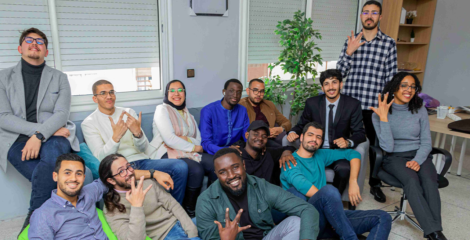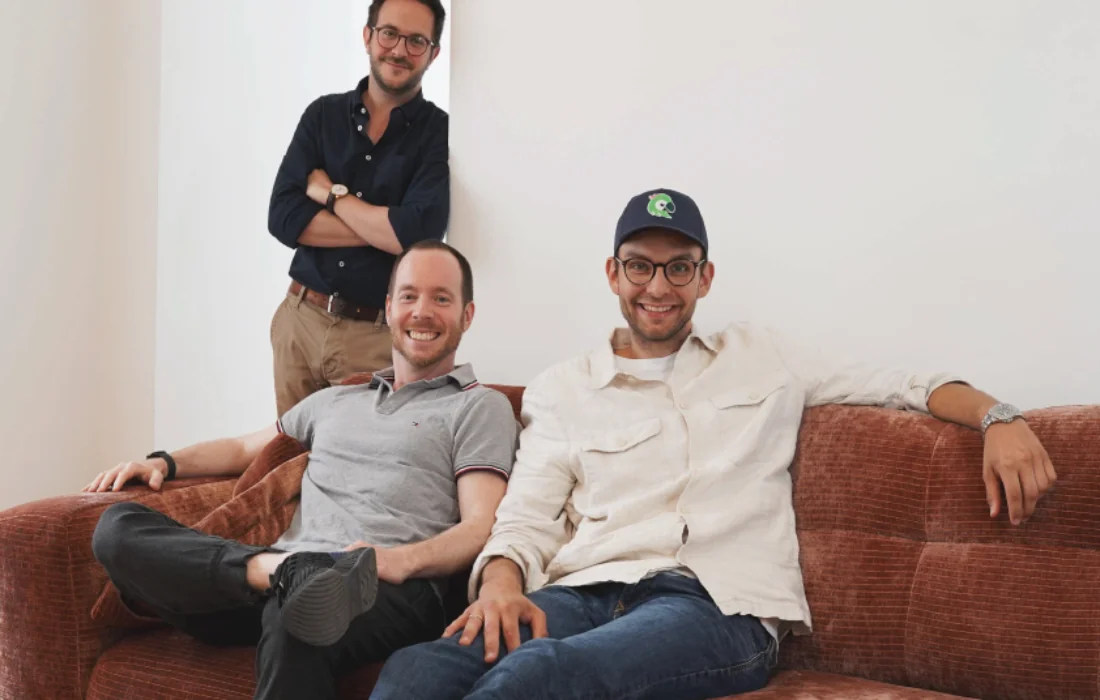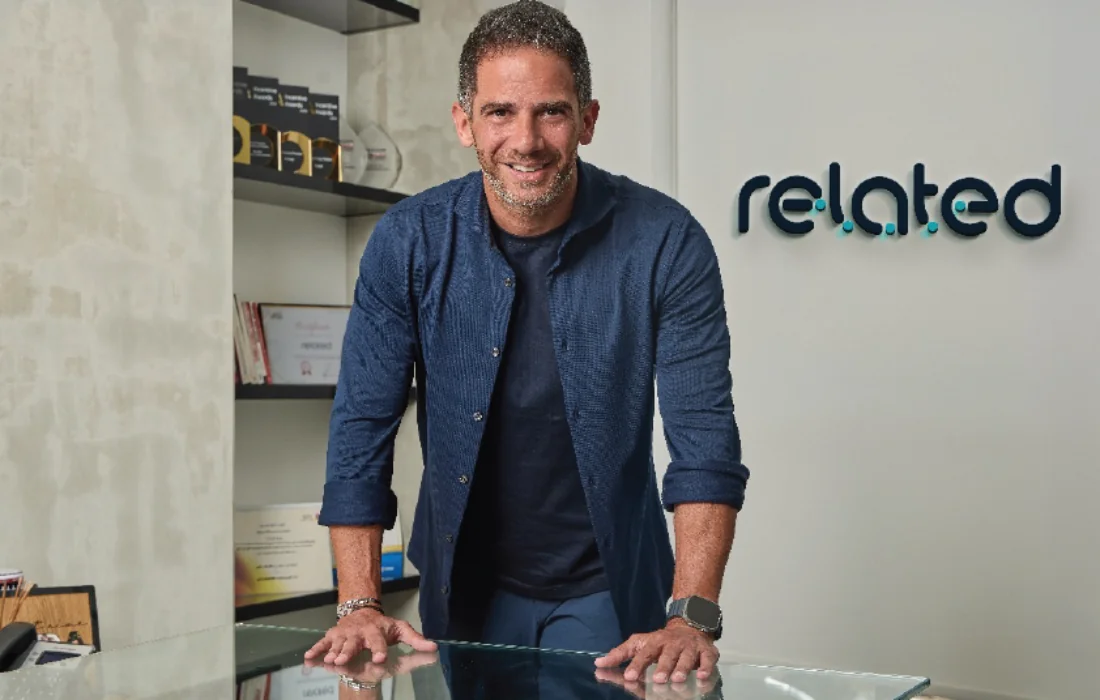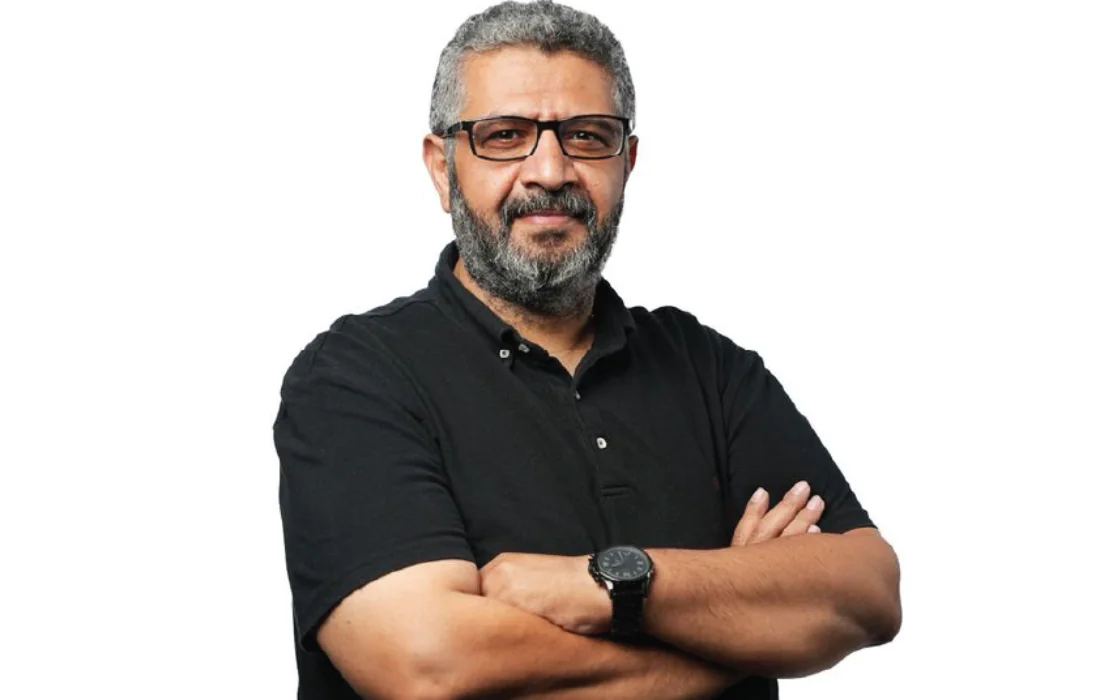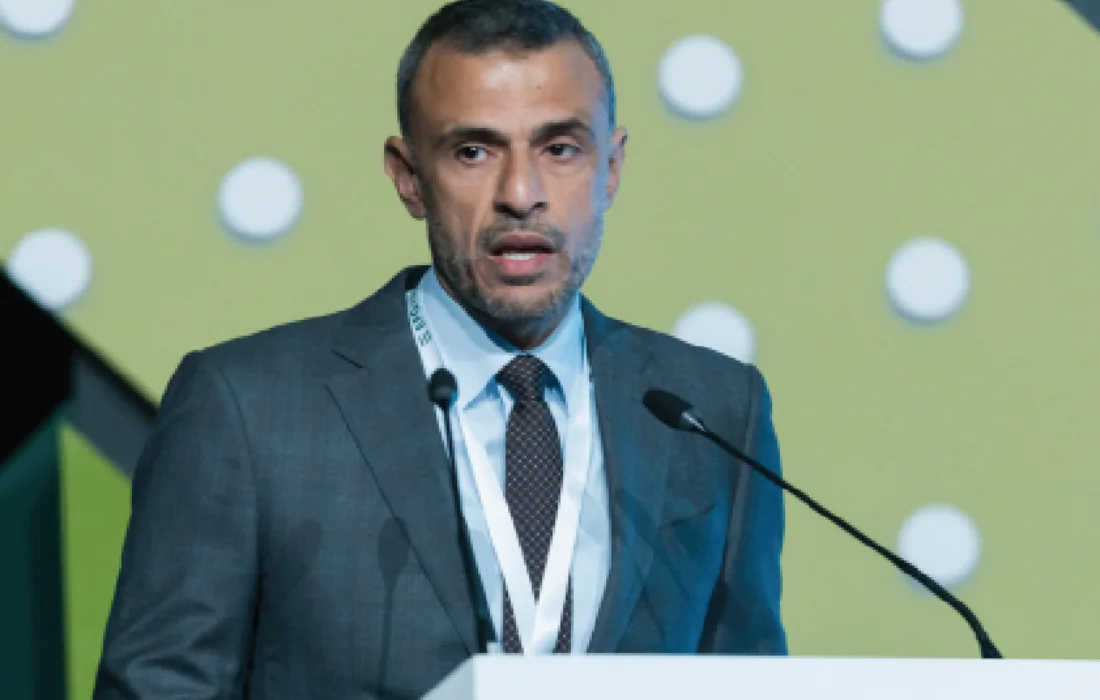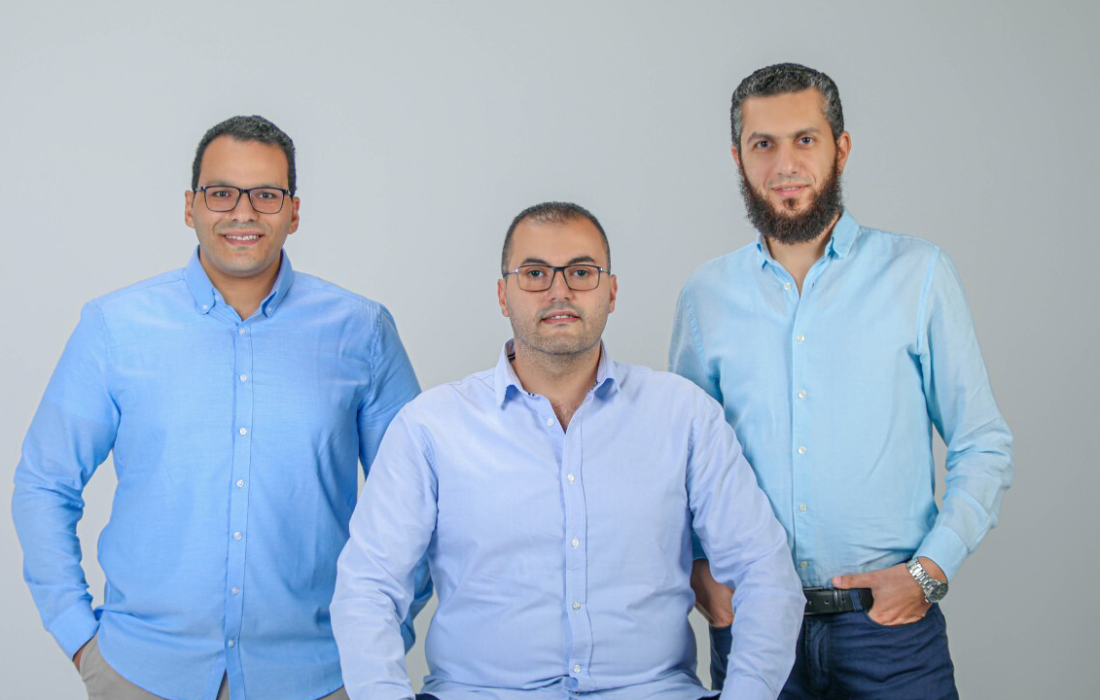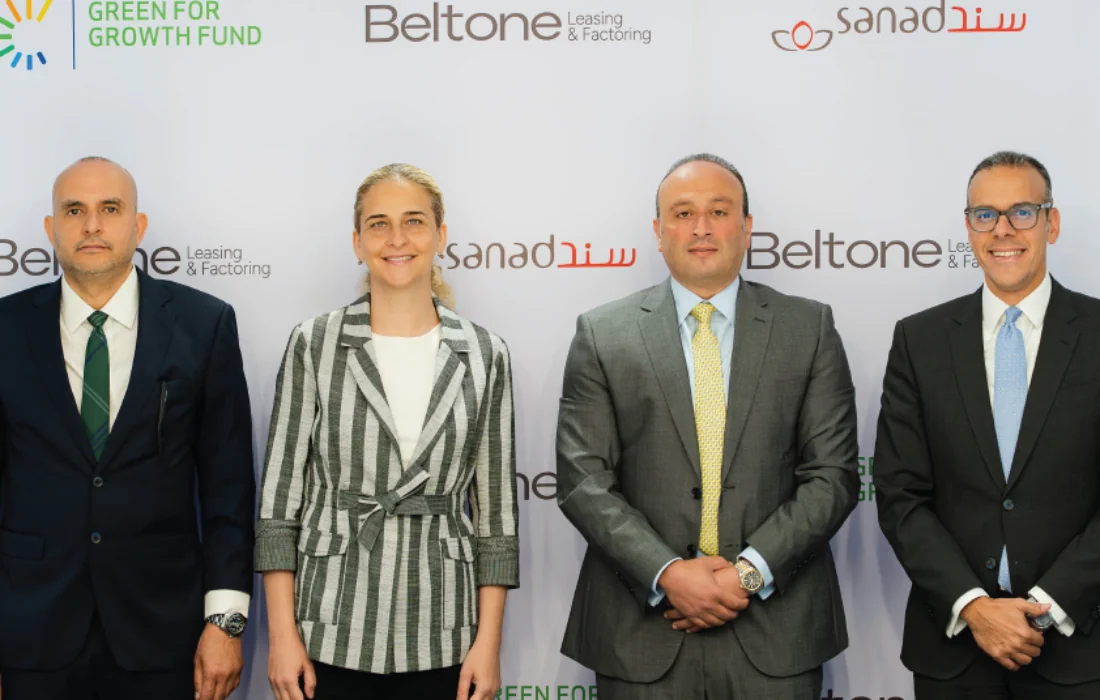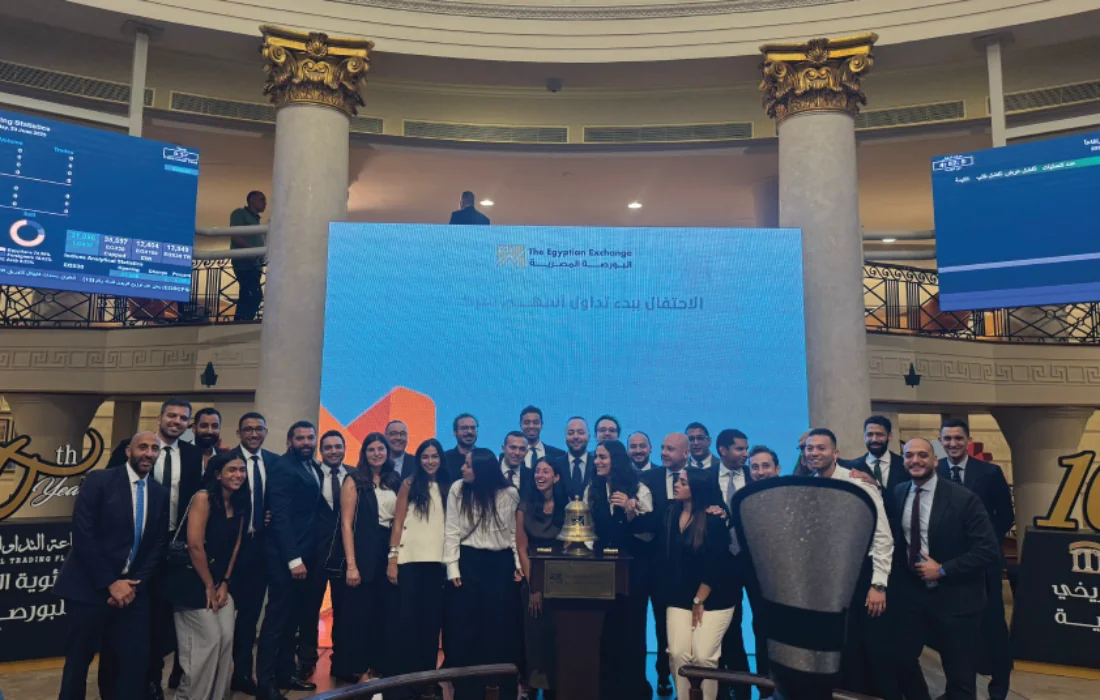- Saudi Health Ministry partners with BioLabs to launch its first biotech accelerator, unveiled at BIO Convention in Boston.
Eight Saudi startups selected to address critical biotech challenges, from plant-based insulin to antibiotic resistance. - The seven-month program offers training, lab access, and exposure, aligning with Saudi’s Vision 2030 and the National Biotechnology Strategy.
Biotech Accelerator
Saudi’s Ministry of Health (MoH) has launched its first Biotech accelerator in collaboration with BioLabs.
This was announced by Saudi’s Vice Minister of Health for Planning and Development Eng. Abdulaziz Hamad AlRamaih at the BIO International Convention in Boston. The launch event brought together industry leaders, including Dr. Hisham Aljadhey, CEO of the Saudi Food and Drug Authority, Dr. Majid Al Fayyadh, CEO of King Faisal Specialist Hospital, and Jordi Naval, Head of Biotech at NEOM.
Eight Saudi startups were selected for the first cohort, each tackling challenges in biotechnology:
- Plansulin – Developing plant-based insulin
- cellNUA – Creating bee-derived nanotherapies
- SAGEbio – Working on next-generation vaccines to prevent emerging diseases
- Novo Genomics – Advancing precision diagnostics
- MammoStem – Exploring regenerative medicine
- NanoPalm – Targeting genetic disorders
- KaRama Bio – Specializing in early-stage disease detection.
- PhageTech – Tackling antibiotic resistance.
Accelerator
The accelerator will span seven months and offer tailored training and support. It will also offer access to research labs.
The initiative aims to unlock the potential of Saudi biotech startups, foster global collaboration, and elevate healthcare quality. This is in alignment with the Kingdom’s Vision 2030 and National Biotechnology Strategy which aspires to foster an innovation-driven economy. Additionally, this in support of Saudi’s goal to become a hub for biotechnology and life sciences.
Bottom Line: The launch of Saudi Arabia’s first biotech accelerator marks a practical step toward building local capabilities in life sciences. With global partners and government backing, the program supports early-stage startups tackling health challenges, in line with broader economic diversification goals.
If you see something out of place or would like to contribute to this story, check out our Ethics and Policy section.


